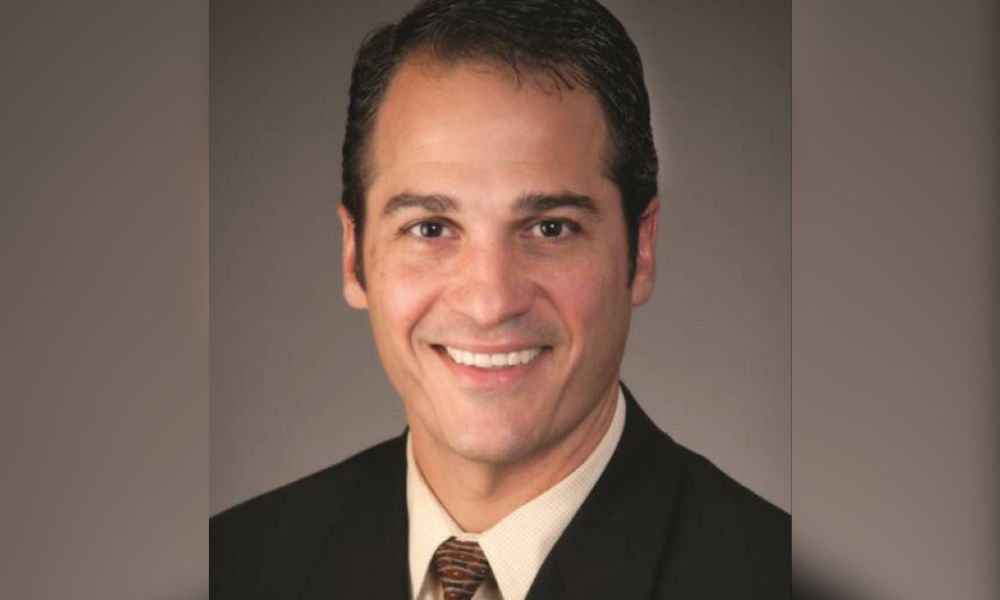J Am Board Fam Med. 2025 Jun 27;38(2):253-274. doi: 10.3122/jabfm.2024.240265R1.
ABSTRACT
BACKGROUND: This proof-of-concept study tested the feasibility and acceptability of INTEGRATE-D, an implementation support intervention for primary care clinics to improve the psychosocial care of patients with type 2 diabetes.
METHODS: Cluster randomized controlled pragmatic trial, with a parallel, convergent mixed methods design. Two Intervention Clinics (ICs) were offered tailored training on American Diabetes Association (ADA)-recommended psychosocial care and facilitation to identify and support clinical change. Two Control Clinics (CCs) received no intervention.
PRIMARY OUTCOMES: intervention acceptability, appropriateness and feasibility.
SECONDARY OUTCOMES: process-of-care metrics (eg, depression screening, diabetes management) and clinical outcomes measures (PHQ-9 and A1C). Qualitative data were collected to assess implementation and experience with the intervention.
RESULTS: ICs were offered training and received 15-months of facilitation. To accommodate COVID-19-related safety restrictions, the intervention was changed to be delivered virtually (eg, remote facilitation and training sessions). Despite an adapted delivery and COVID-19 and staffing stressors, clinics exposed to INTEGRATE-D found it to be acceptable, well-aligned with clinics’ needs, and feasible. Qualitative data suggest COVID-19 stressors tempered feasibility. The effect of INTEGRATE-D on process and clinical outcome measures were mixed. Several factors, including differences in ICs and CCs not addressed in randomization and delivery of a less intensive intervention due to the pandemic, may help explain these results.
CONCLUSIONS: Given the growing number of people with type 2 diabetes and the importance of psychosocial care for these patients, INTEGRATE-D warrants further pilot-testing with a larger sample of clinics and patients, and under conditions where in-person facilitation and expanded training is possible.
PMID:40578908 | DOI:10.3122/jabfm.2024.240265R1
Authors: Deborah J Cohen, Shannon M Sweeney, Rachel Springer, Bijal A Balasubramanian, LeAnn Michaels, Miguel Marino, Danielle Hessler, Andrea Baron, Johanna Nesse
Published: 2025-06-27 10:00:00
Read the full article: View on PubMed








